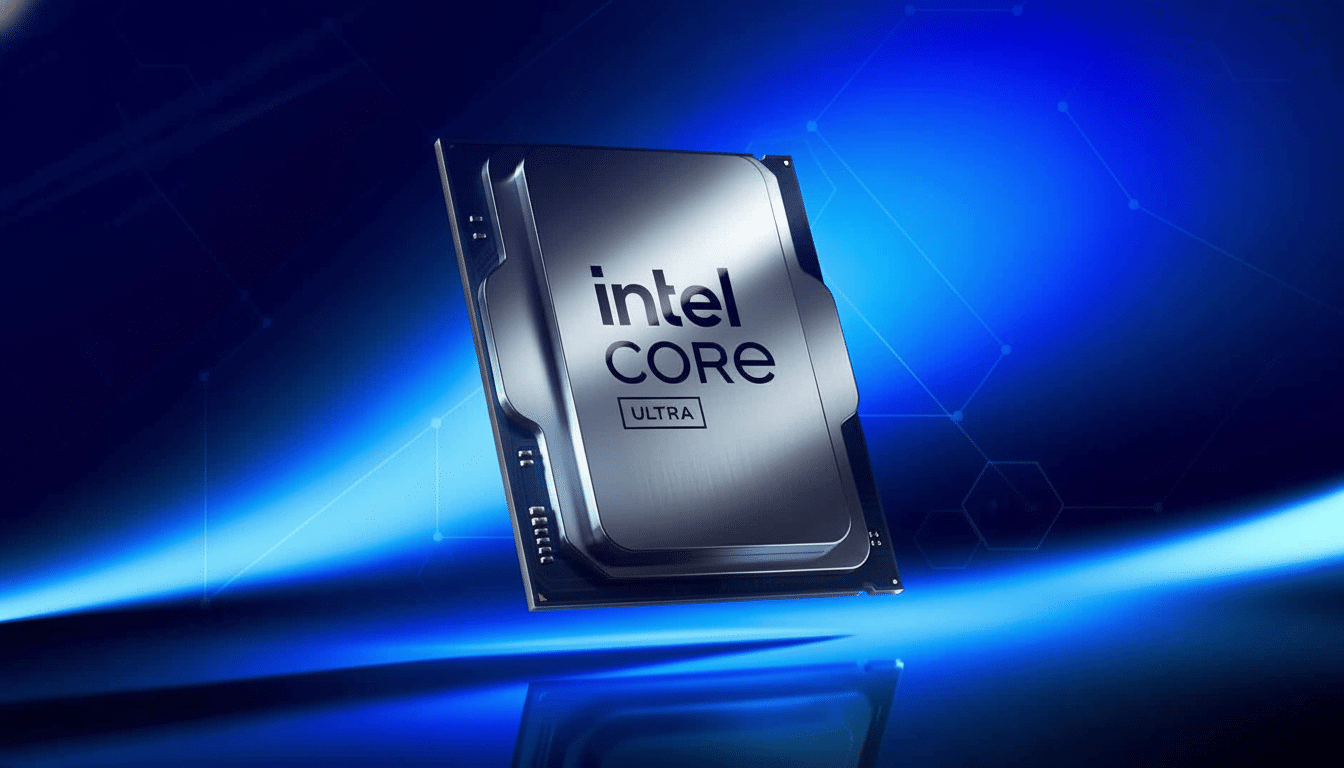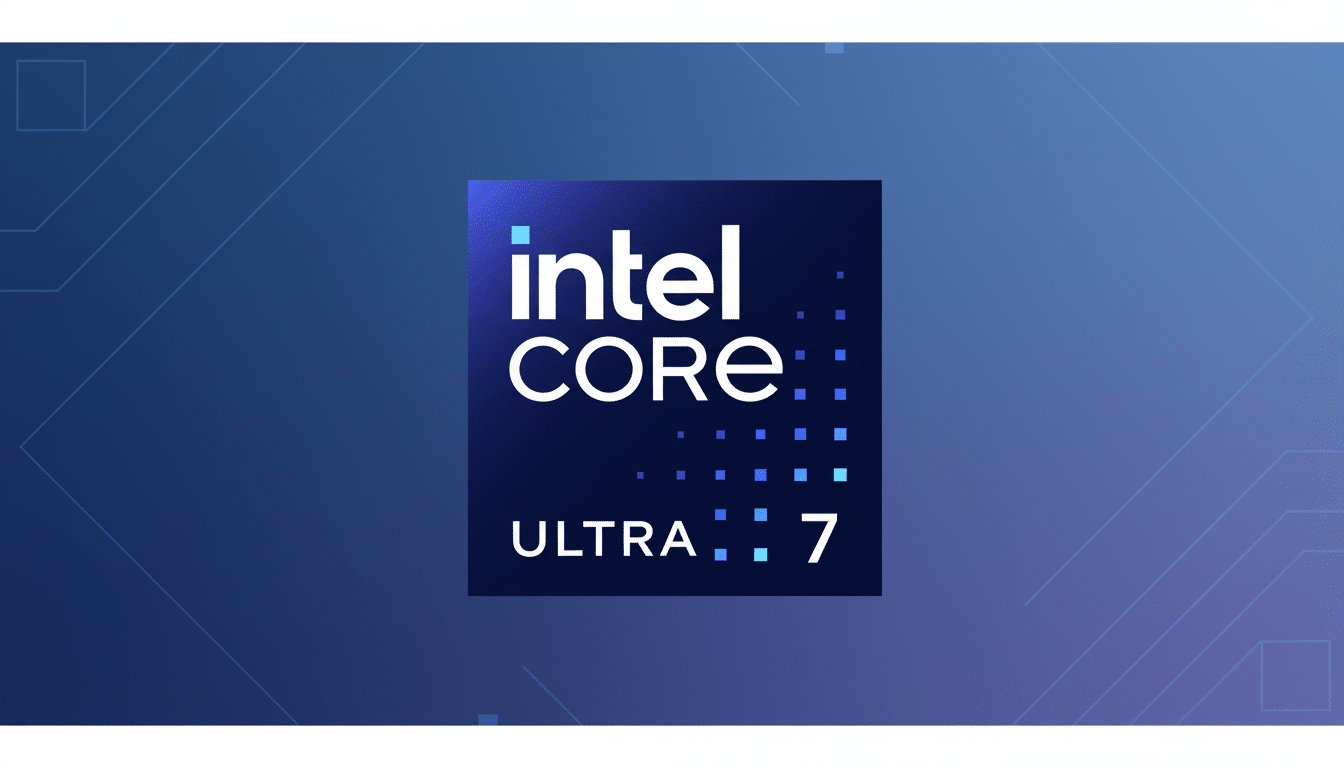It’s Prime Day and the laptop deals are everything we hoped they’d be — clear, deep discounts on mainstream models from trusted manufacturers. As we sift through discounts every year across premium ultrabooks, gaming rigs, and 2-in-1s, the best offers are cutting sticker prices by hundreds of dollars, not tens. In previous updates, Adobe Digital Insights observed peak electronics price cuts around the 20% mark on key shopping days — laptops often go further when last-gen chips or extra bundle promos come into play.
Where the biggest Prime Day laptop price cuts hit hardest
The steepest price cuts tend to gravitate around three buckets: last-generation flagships, midrange creator slabs with discrete GPUs, and 2-in-1s wrapped into seasonal refresh cycles. Price-history tracking sites like CamelCamelCamel sometimes display Prime-era lows as good or better than Black Friday for these categories, especially when it comes to models that include 16GB of RAM and 512GB or 1TB SSDs.

If you’re eyeing high-end thin-and-lights, watch OLED models with Intel Core Ultra or AMD Ryzen 7/9 chips. A nicely spec’d 14-inch OLED ultrabook regularly falls from a $1,399 MSRP to around that range with sales of this kind. Apple’s mainstream laptops also see reliable $150 to $300 drops — nothing to sneeze at given their uncharacteristically steady street pricing and discussed-for-years battery life issues across review outlets.
Best laptop values for work and school this Prime Day
For everyday productivity, the happy medium is 16GB of memory and a 512GB SSD. Below that, you’ll feel claustrophobic in a year. Seek 13- to 14-inch machines that weigh less than three and a half pounds, with Wi‑Fi 6E or above, at least two USB‑C ports, and screens measuring in the high 300s of nits of brightness. Lenovo E-series ThinkPads, HP’s mainstream 15/16-inch lines, and the Asus VivoBook S are commonly discounted by $200–$500 while sharing a build quality ethos.
Microsoft’s Copilot-focused portable devices seem more appealing today, now that “AI PC” hardware is set to become a standard. Reviewers generally agree that Snapdragon X-based laptops have good battery life, and the on-chip NPU handles tasks such as live captions and image tools without pounding the CPU. If you spot 16GB/512GB models for $600–$900 in the compact class and for $900–$1,200 at the premium level, you know it’s prime.
Gaming Laptops That Are Actually Worth It
Gaming deals are a standout in this round. Independent testing bodies like Notebookcheck and UL’s 3DMark database have repeatedly proven that Nvidia’s GeForce RTX 4060 and 4070 mobile GPUs offer great 1080p performance, as well as believable 1440p performance when paired with sufficient power limits. On Prime Day, RTX 4060 systems frequently drop to $899–$1,099, while RTX 4070 machines land at $1,199–$1,499 with 240Hz QHD panels — often as much as $300–$700 off MSRP.
Before you buy, do a spec sanity check:
- Total graphics power (TGP)
- Dual-channel RAM
- At least a 1TB SSD for modern game libraries
Brands such as Acer’s Swift/Predator, Asus ROG, Dell G‑Series/Alienware, HP Omen, Lenovo Legion, and MSI Katana/Raider often take the top billing for best-value drops.
Copilot Plus And AI PCs, At Last It Makes Sense
Microsoft pegged its Copilot+ PC bar at a 40+ TOPS neural processing unit, allowing for device-side features like Recall-like search, live captions, and accelerated photo tools. IDC has called for a multi-year refresh cycle when it comes to AI-capable hardware, and we’re starting to see pricing fall in line with that story. Processors that include features ranging from the Snapdragon X Elite/Plus to integrated Intel Core Ultra chips with NPUs and AMD Ryzen AI chips are now priced reasonably enough that it doesn’t feel like you’re an early adopter paying a tax.

Shopping advice you can actually use: Are AI features a must for you? Get models with NPUs that make Copilot+ work and at least 16GB of RAM. If your work is browser-bound or office-focused, you can downgrade CPU while still beefing up on memory and storage.
Chromebooks stretch your dollars further at low prices
At sub-$300 Prime prices, the Chromebook Plus models — a class that Google defined with higher minimum specs — are tough to ignore. Look for 8GB of RAM, 128GB of storage, a 1080p screen, and a MIL‑STD‑rated chassis on devices such as Acer’s Vero and Asus’s Chromebook Plus lines. For students and regular travelers, the value-to-weight ratio is hard to beat, and you get clear support schedules from Google for peace of mind.
How to check if a Prime Day laptop deal is real
Compare the “was” price to a reliable source for price history, not just the crossed-out list. Keepa and CamelCamelCamel figures help ensure what’s been offered today is indeed the bottom. Also consider the panel: For creators and students who will be working in all kinds of lighting conditions, an OLED or IPS that covers 100 percent of sRGB and comes with a brightness of 300 to 400 nits is preferable.
Mind hidden compromises. Some retailers trade out single-stick RAM, low-power GPUs, or smaller SSDs to meet a price. Prefer configurations with a pair of RAM slots, a surplus M.2 bay, and Wi‑Fi 6E/7 for future-proofing. Check the seller’s reputation, return windows, and whether any manufacturer warranties are still in effect — Consumer Reports and state attorney general advisories frequently decry marketplace listings that undermine the service experience.
One last trick: stack savings. Many issuers also provide statement credits for a limited time, and education or trade-in discounts can complement Prime pricing. According to Circana’s retail analysis, stacked promos deliver the lowest net cost during big events; an extra minute of checkout math makes all that work worthwhile.
Bottom line: If you’re in the market for the right specs (16GB RAM, 512GB+ SSD, quality panel) and confirm what the real street low is, Prime Day is delivering laptop deals that are legitimately hundreds off.
If you want a machine that will still feel fast in three years, prioritize upgradability or an AI-capable processor.

